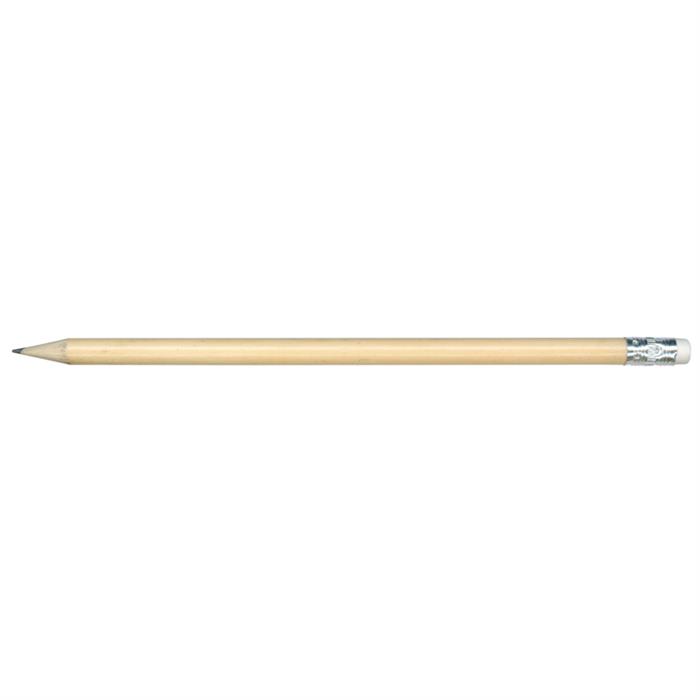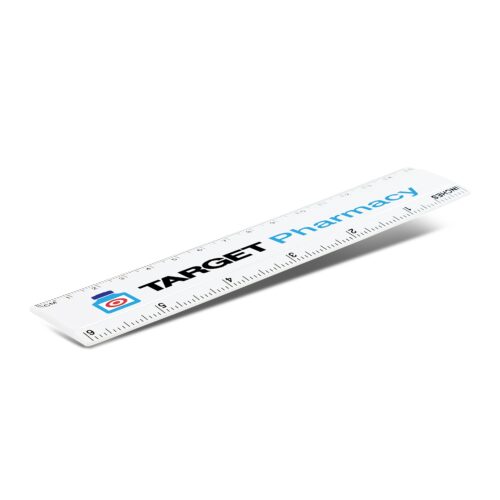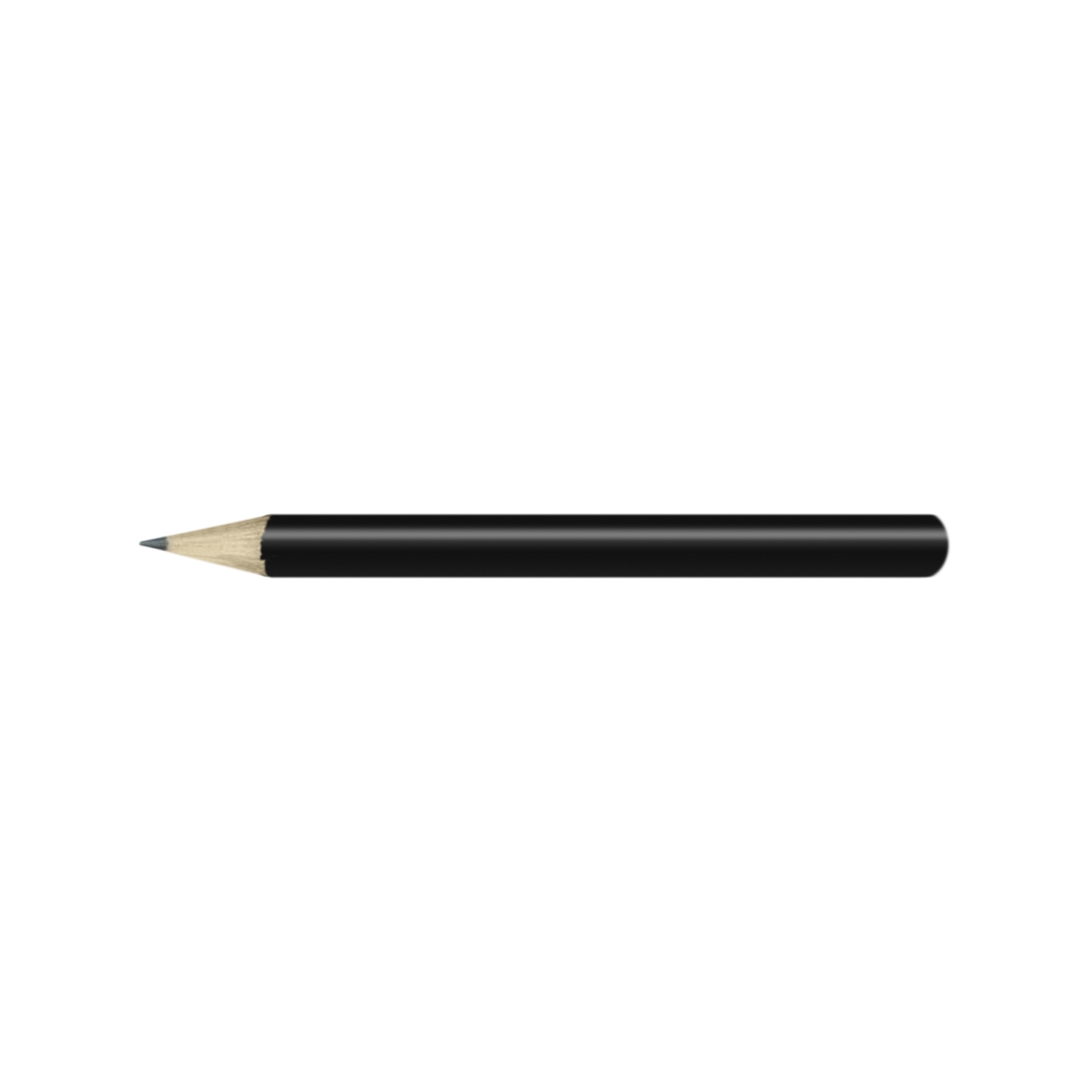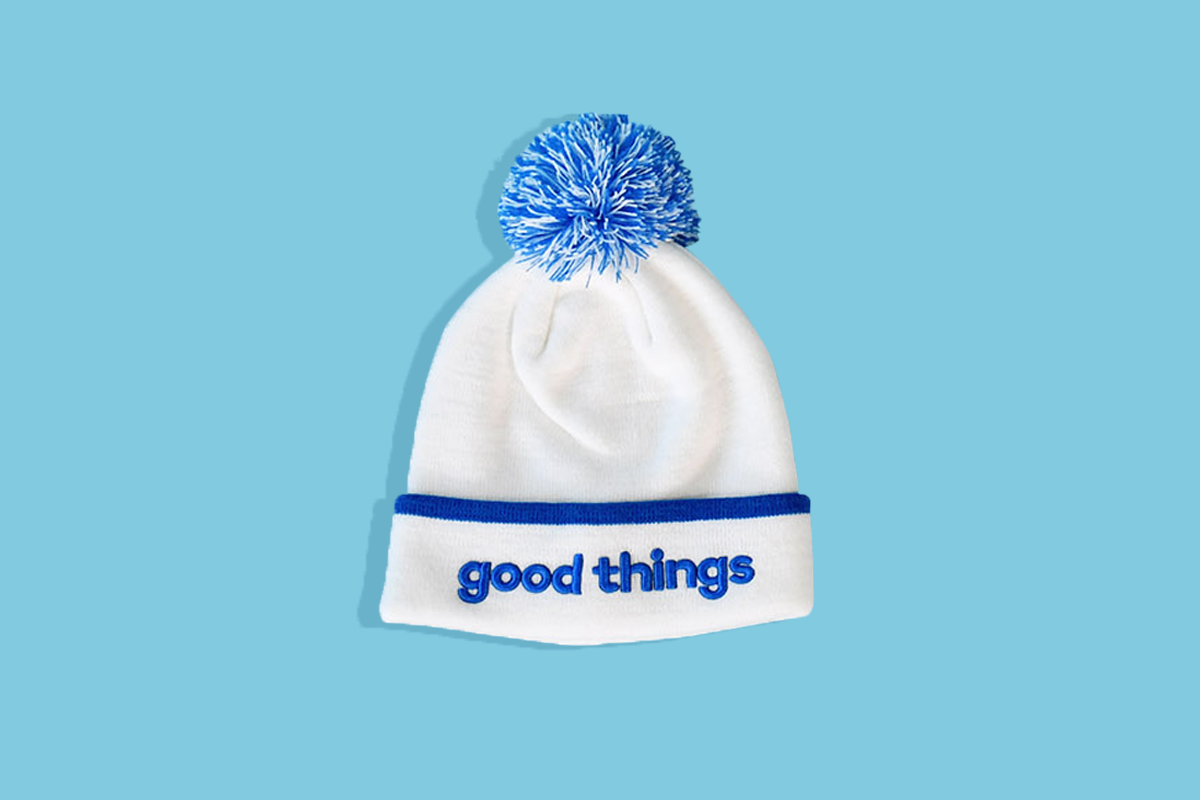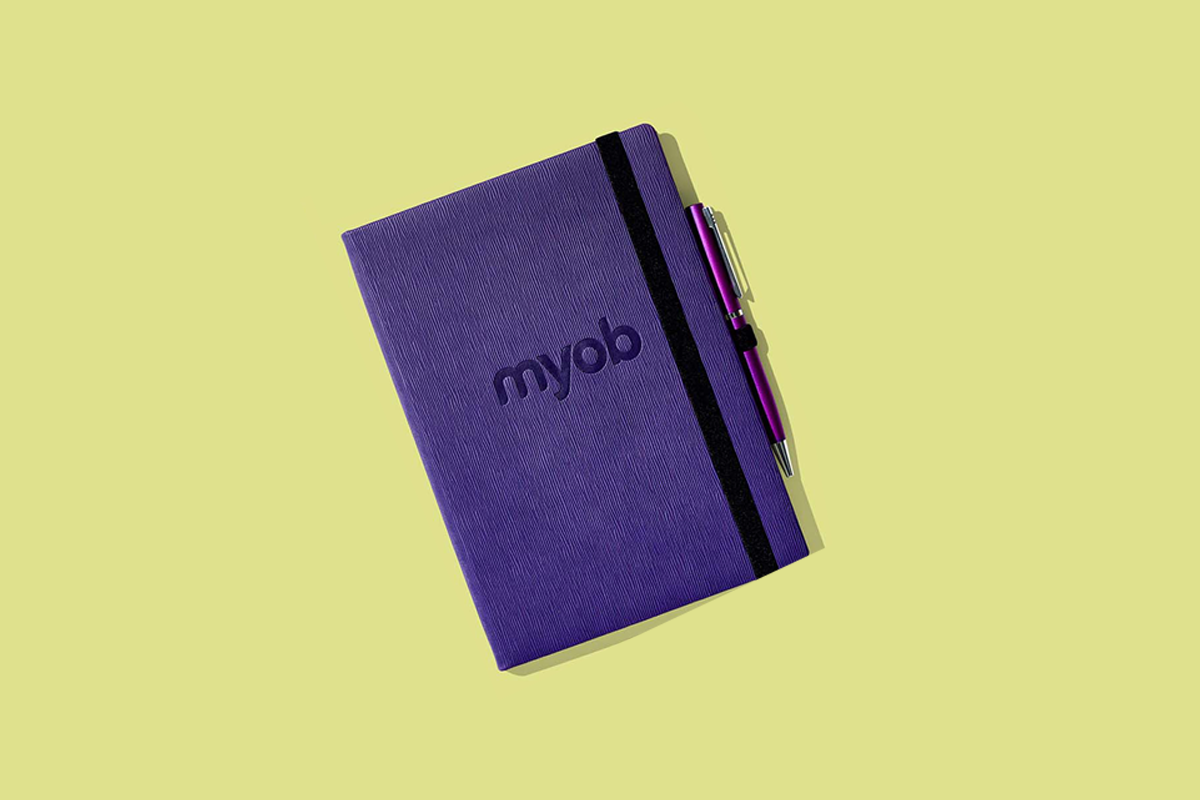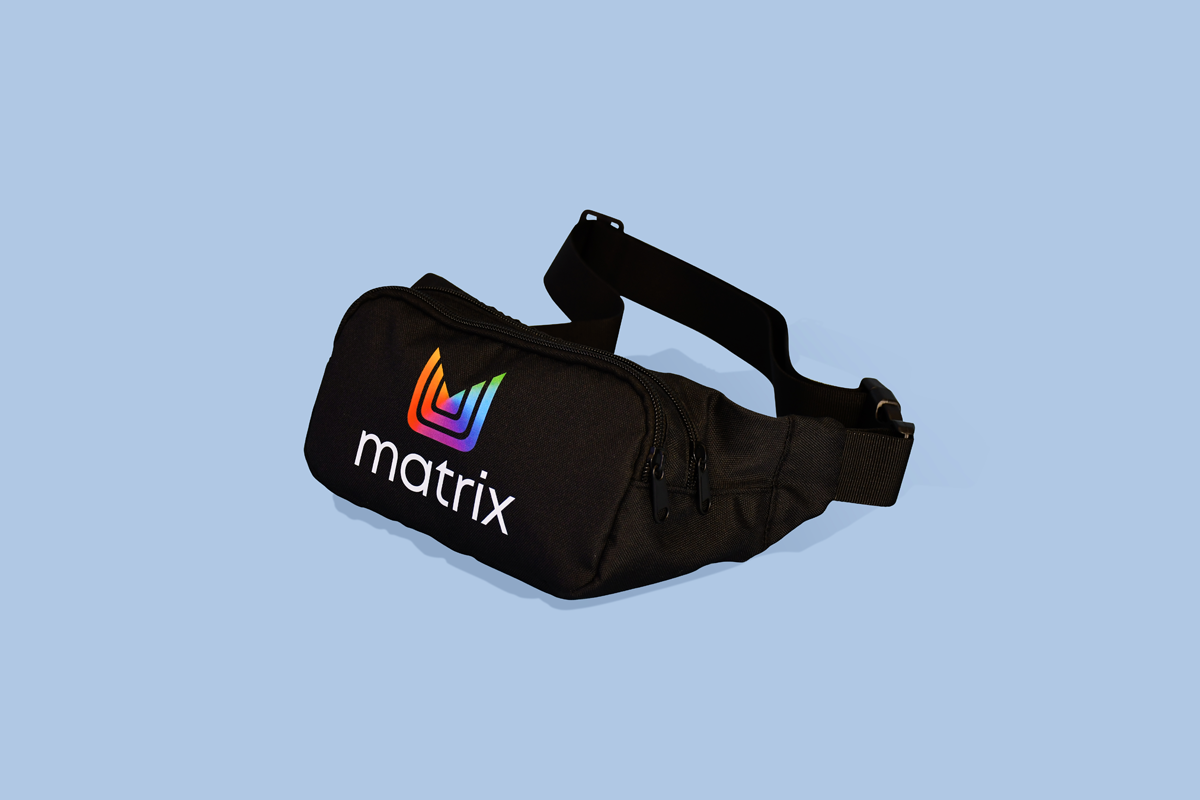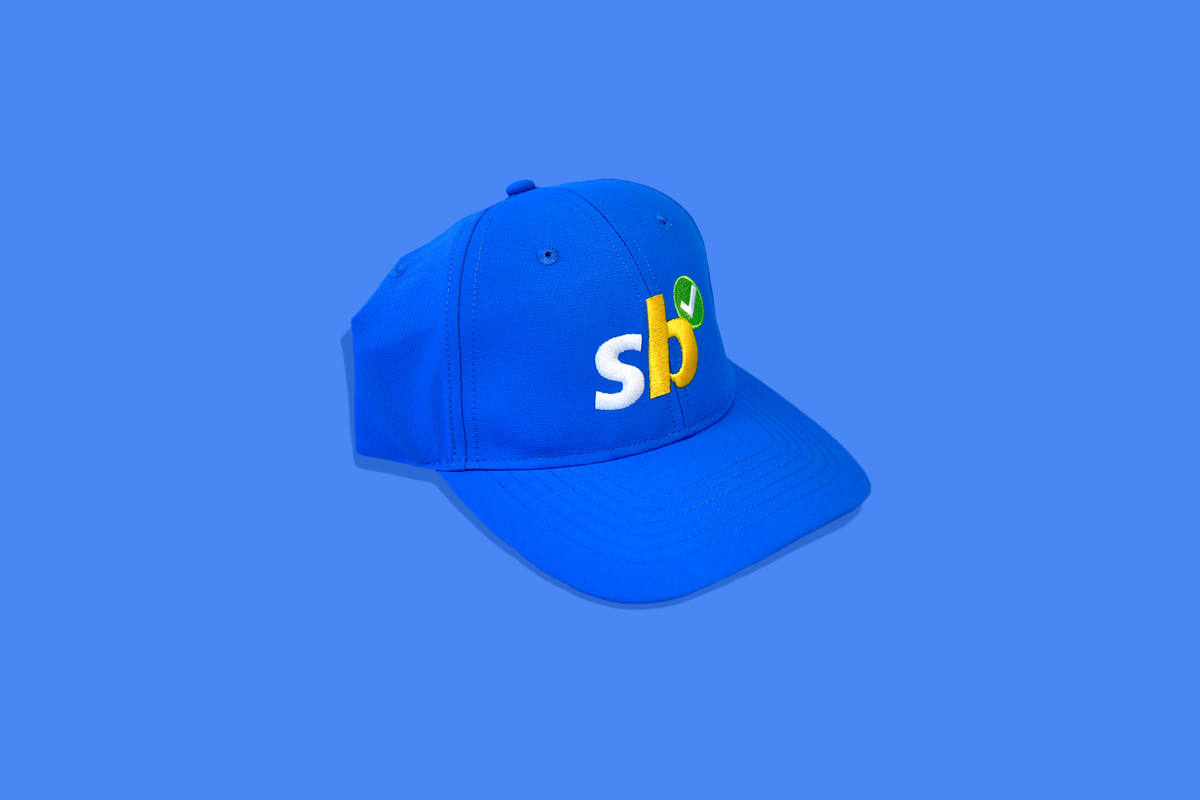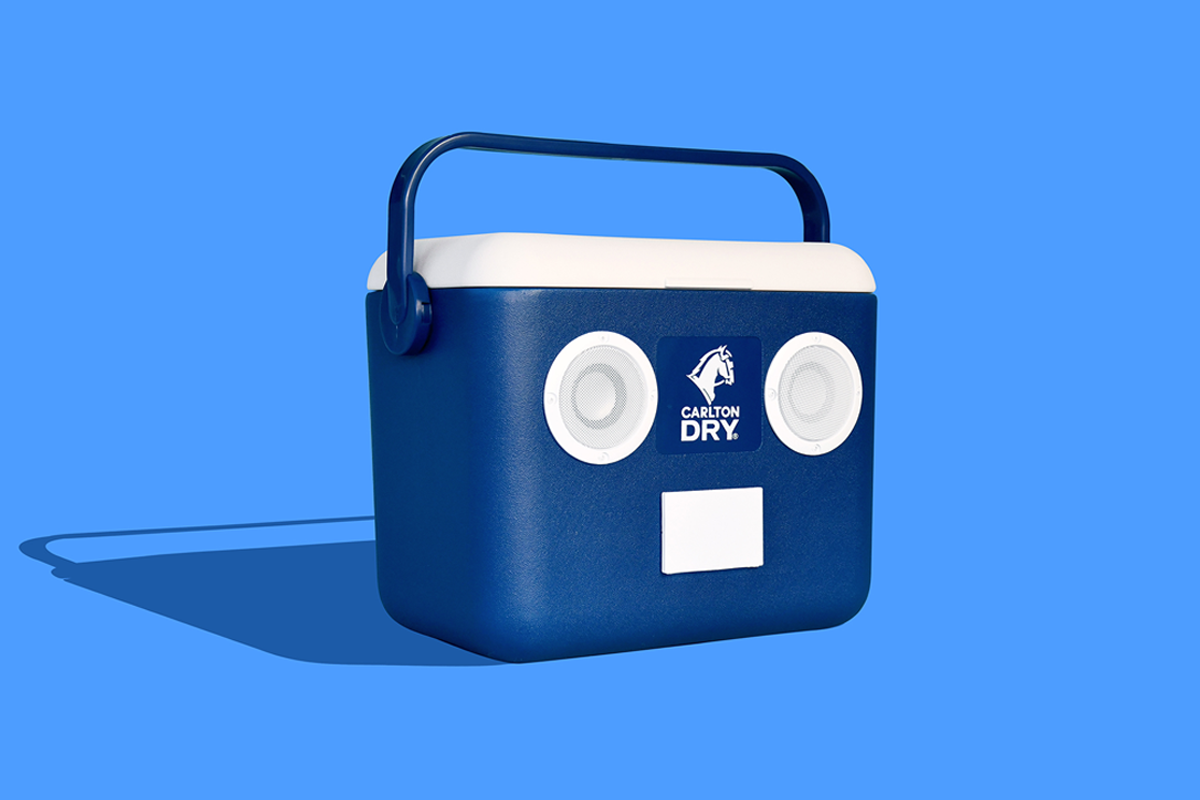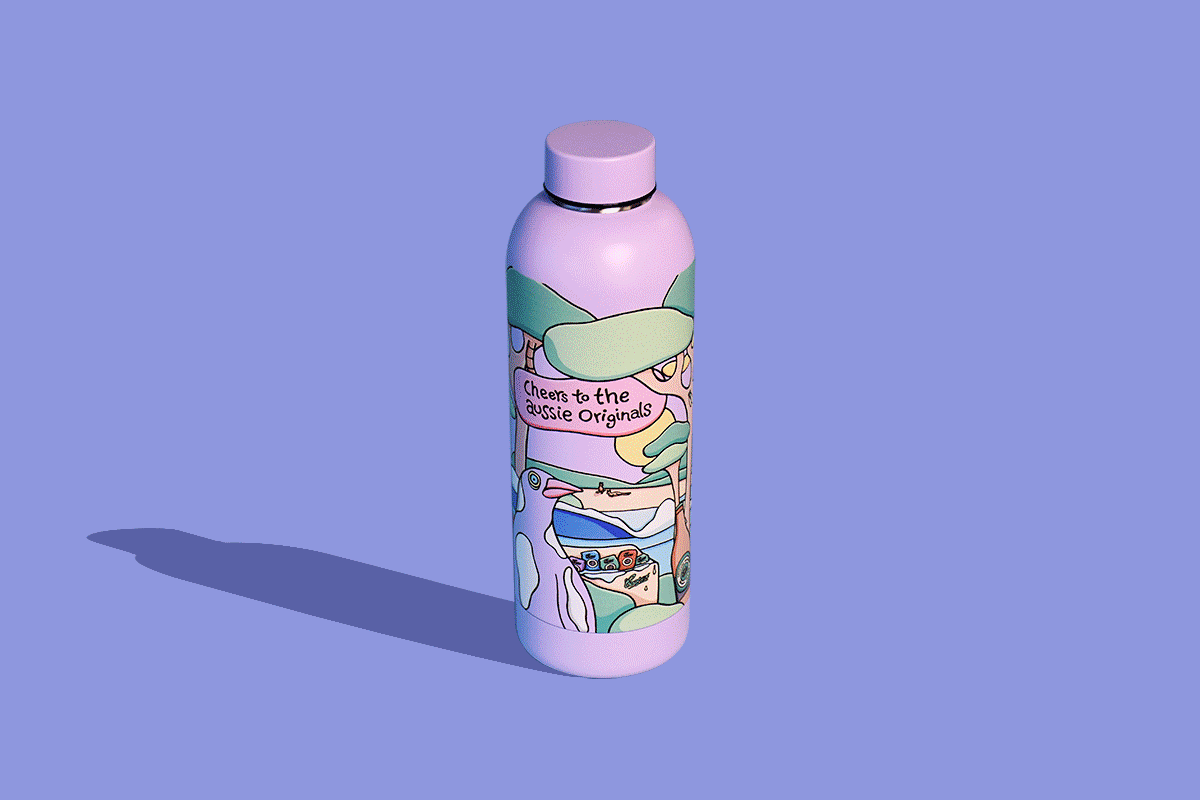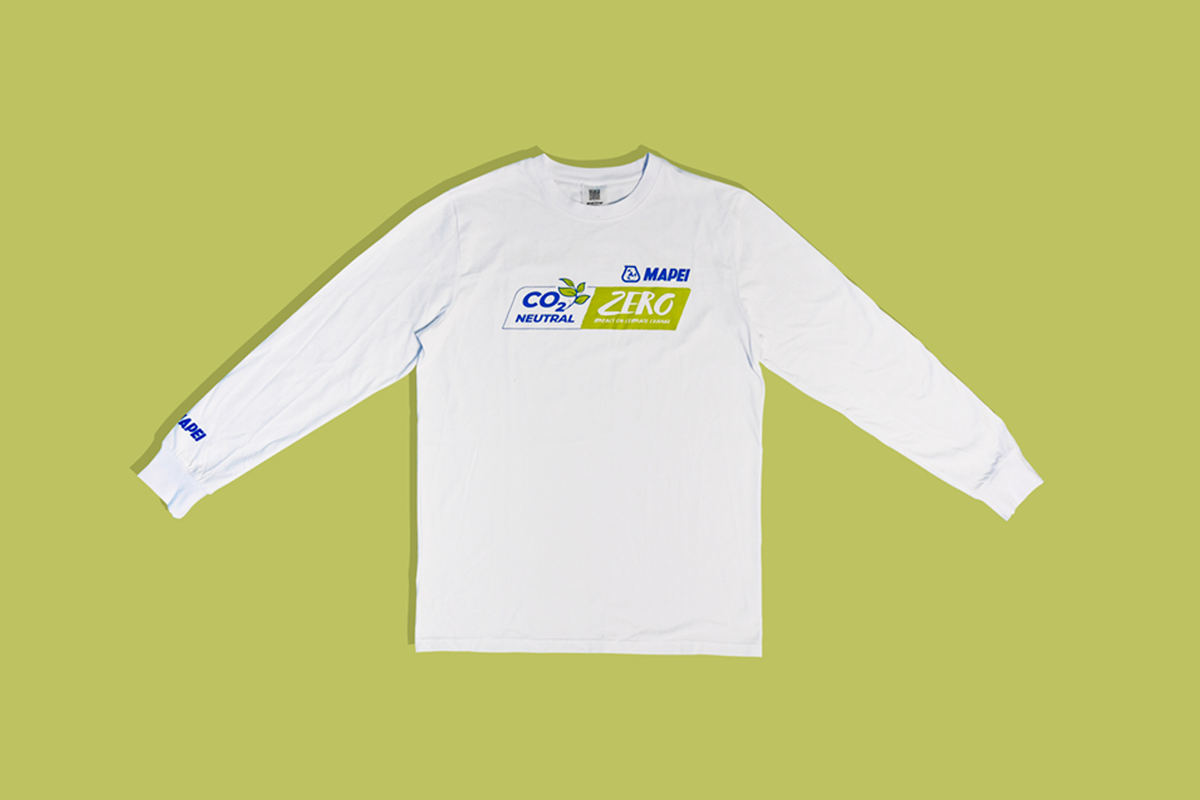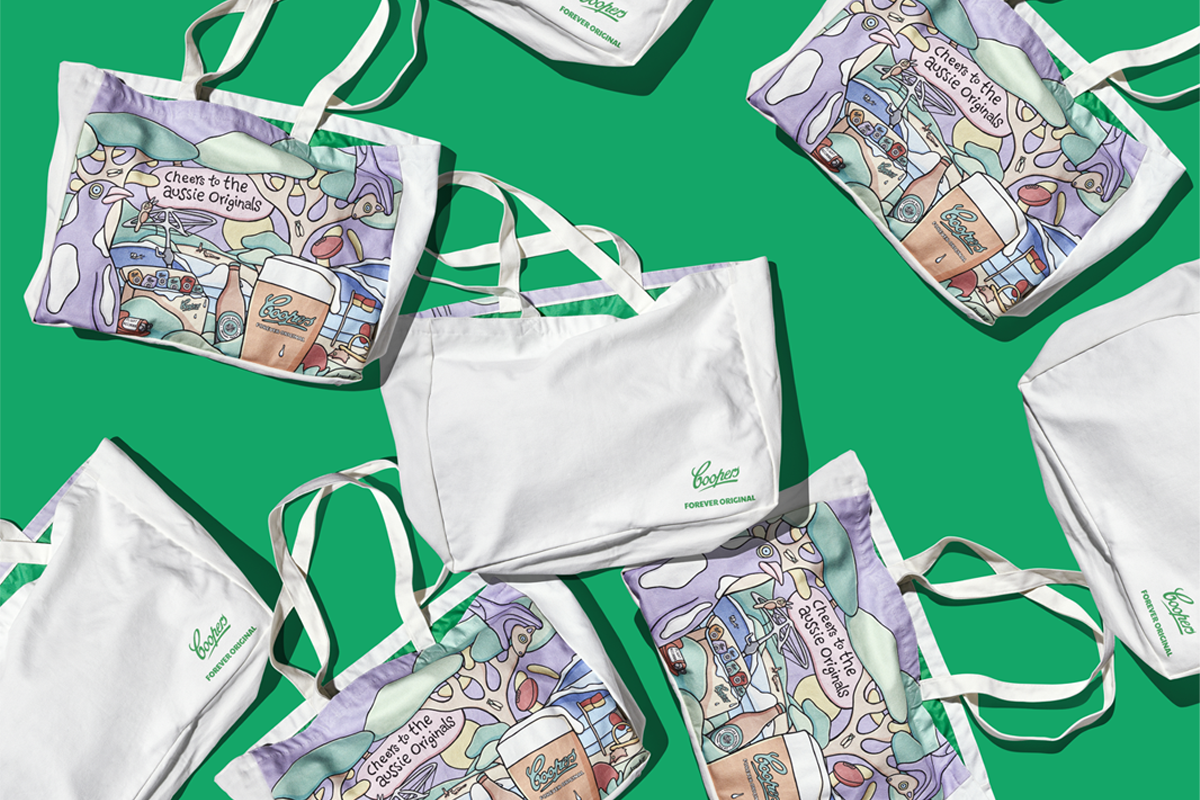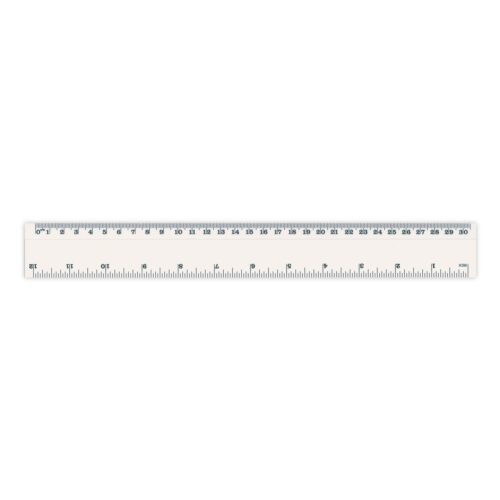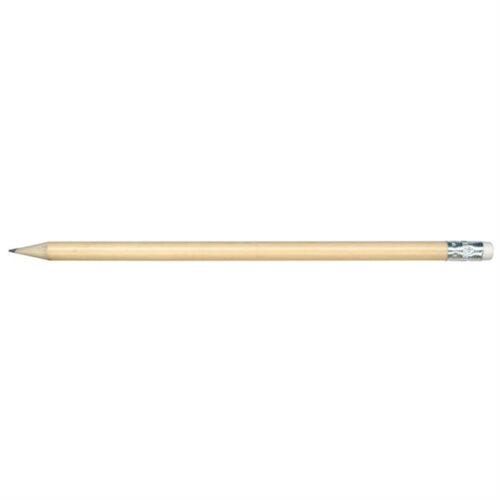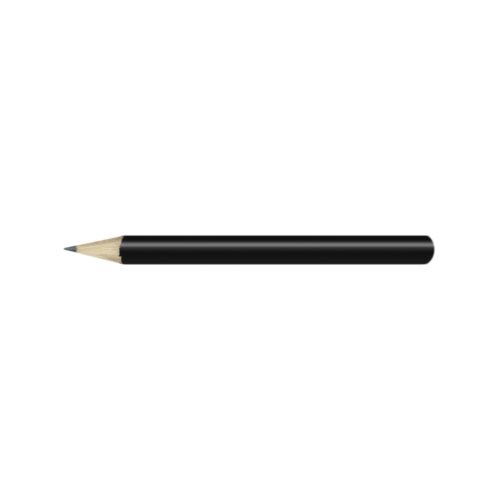Description
Absorbent 180gsm cotton tea towel which is supplied with a packet of six non-toxic crayons. The tea towel can be branded with a customised design for colouring in. It is ideal as an interactive product for raising awareness or sell it as a fundraiser and run a competition.
Included: Crayons
Country of Origin: China
Loose packed.
Dimensions:
Towel: W 500mm x H 660mm.
Crayon: W 50mm x H 90mm x 9mm.
Additional information
| Decoration | 1 Colour 1 Location Pad Print, 1 Colour 2 Location Pad Print, 1 Colour Screen Print, 2 Colour 1 Location Pad Print, 2 Colour 2 Location Pad Print, 2 Colour Screen Print, 3 Colour 1 Location Pad Print, 3 Colour 2 Location Pad Print, 3 Colour Screen Print |
|---|---|
| Colour | Natural |
| Material | Cotton |
| Production Time | 2 Weeks Production Time |
Our guarantee
All of our products are fully guaranteed to work, look and feel as designed.
Our most highly regarded company value at Good Things is integrity. We do what we say we are going to do in a timely fashion. We get "Back in a Flash" to all our clients for quotes, artwork and samples.
It is essential in our industry - from meeting delivery deadlines, through to having a product match a sample when delivered to each minute detail.
When dealing with us you can expect to get exactly what you ordered: as agreed, and on time. That is the Good Things Guarantee.
Product reviews
Cotton Colouring Tea Towel

99.4% jobs
delivered on-time

Free graphic
design

Quotes within
24 hours
Get an instant quote
Description
Absorbent 180gsm cotton tea towel which is supplied with a packet of six non-toxic crayons. The tea towel can be branded with a customised design for colouring in. It is ideal as an interactive product for raising awareness or sell it as a fundraiser and run a competition.
Included: Crayons
Country of Origin: China
Loose packed.
Dimensions:
Towel: W 500mm x H 660mm.
Crayon: W 50mm x H 90mm x 9mm.
Additional information
| Decoration | 1 Colour 1 Location Pad Print, 1 Colour 2 Location Pad Print, 1 Colour Screen Print, 2 Colour 1 Location Pad Print, 2 Colour 2 Location Pad Print, 2 Colour Screen Print, 3 Colour 1 Location Pad Print, 3 Colour 2 Location Pad Print, 3 Colour Screen Print |
|---|---|
| Colour | Natural |
| Material | Cotton |
| Production Time | 2 Weeks Production Time |
Our guarantee
All of our products are fully guaranteed to work, look and feel as designed.
Our most highly regarded company value at Good Things is integrity. We do what we say we are going to do in a timely fashion. We get "Back in a Flash" to all our clients for quotes, artwork and samples.
It is essential in our industry - from meeting delivery deadlines, through to having a product match a sample when delivered to each minute detail.
When dealing with us you can expect to get exactly what you ordered: as agreed, and on time. That is the Good Things Guarantee.
 Australian-Owned
Australian-Owned
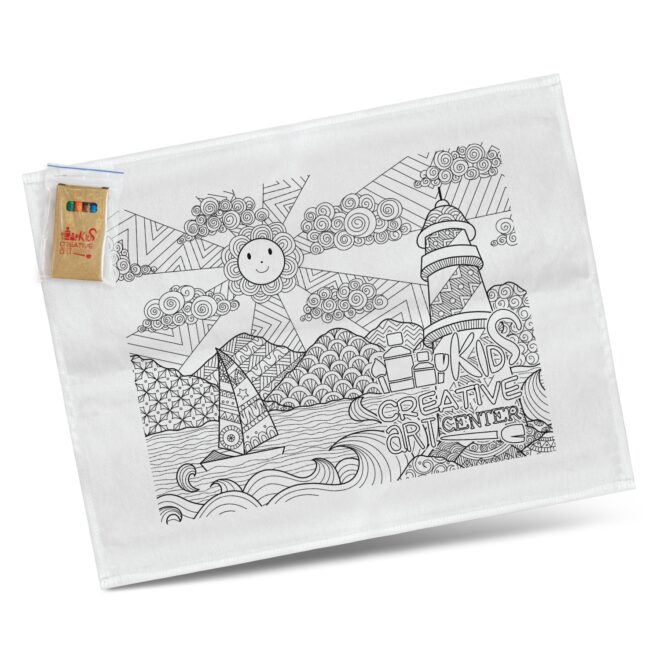
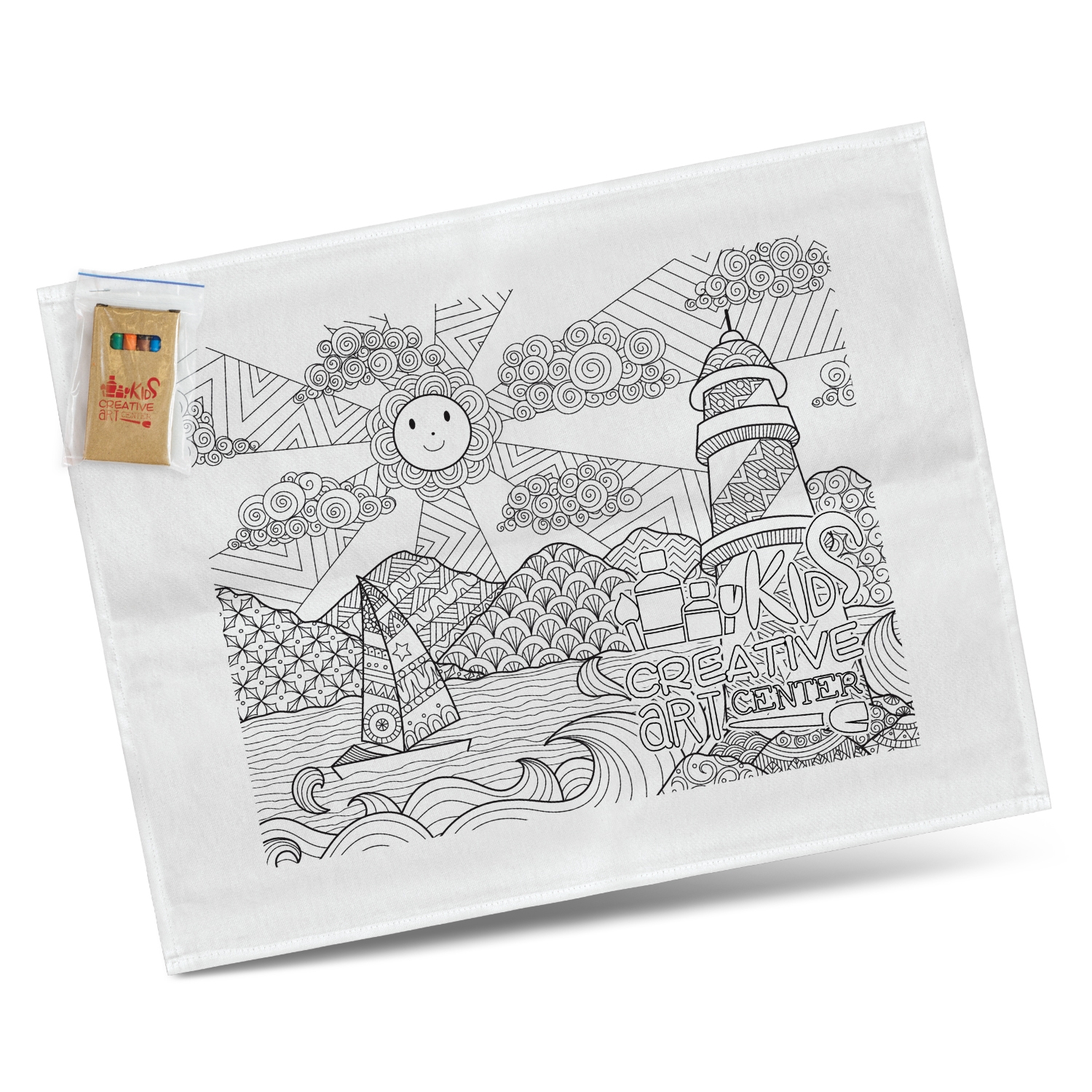
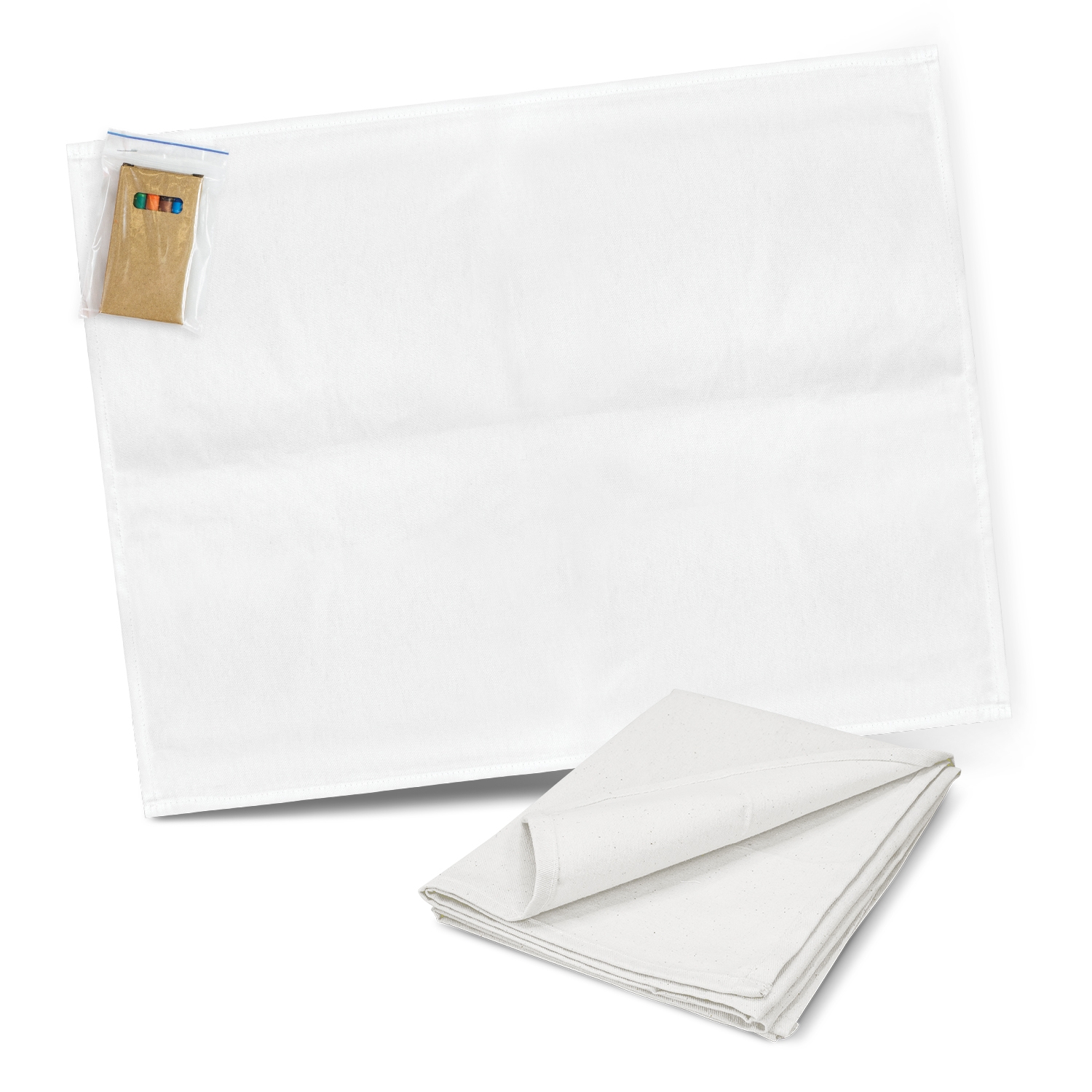




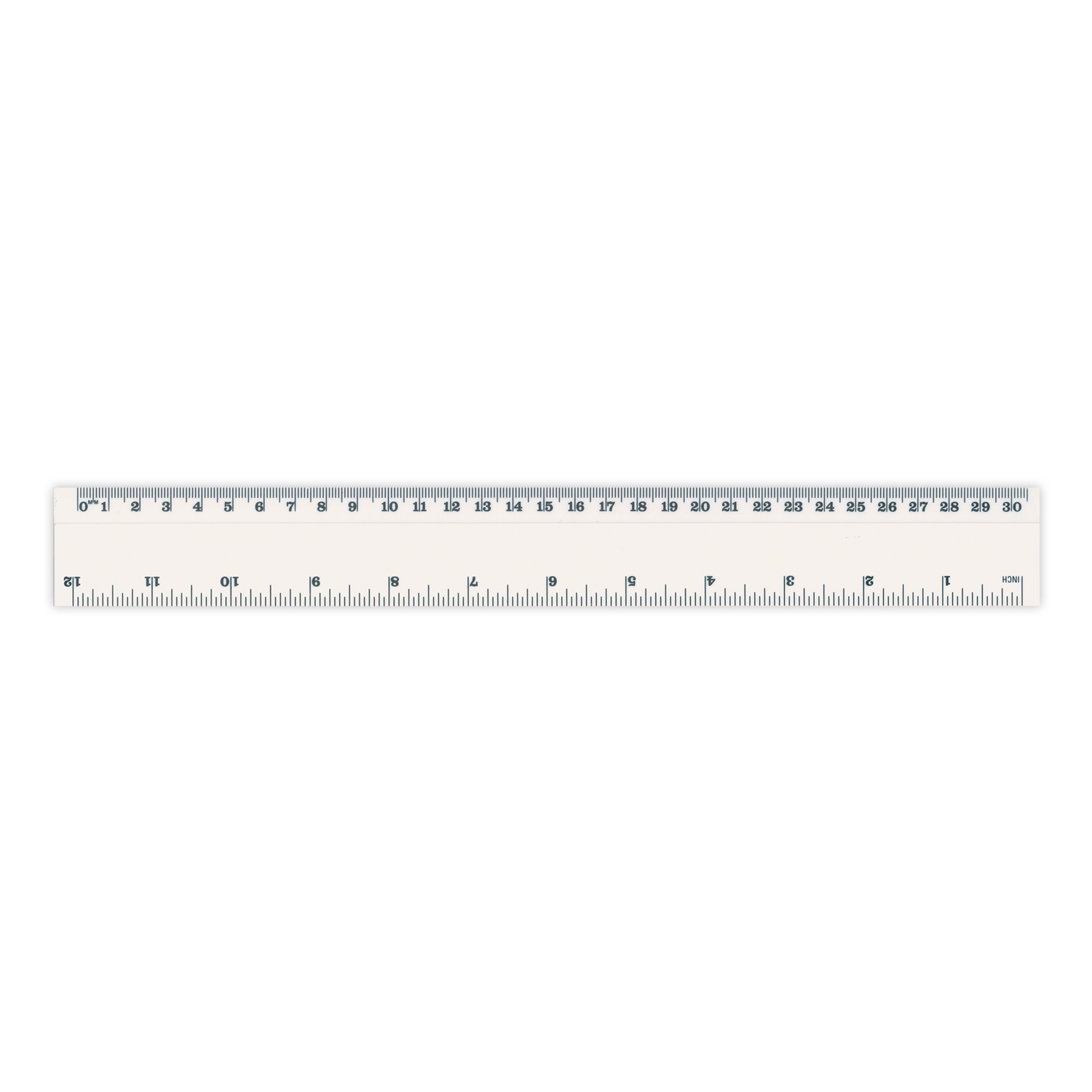
 Free Shipping
Free Shipping